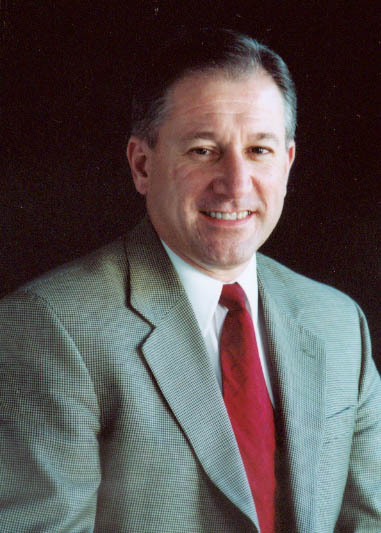
ALEXANDRIA, La. (BP)–One prominent city is proposing an ordinance that would ban religious groups from purchasing a historic building. Another community, located in the same region, is in the process of condemning a church building in order to make way for condominiums.
If I were to tell you that the aforementioned cities were in Russia, you probably would not be too surprised. However, the municipalities referenced above are, in fact, located in the United States.
The San Francisco Board of Supervisors is considering an ordinance designed specifically to block the Church of Scientology, and any other religious group, from buying the historic Colombo Building.
The building, located in the heart of Frisco’s trendy, tourist-friendly North Beach neighborhood, was designated a city landmark in 2002.
According to reports, the ordinance was introduced after residents and merchants in the area expressed concerns that the church would “aggressively peddle religious materials and disrupt the neighborhood’s easy-going ways.”
Allow me to translate the concerns of some who dwell in North Beach: We don’t want any religious group creating a climate that might impact negatively the chic atmosphere of our neighborhood.
Who knew that San Francisco, one of the most liberal cities in America, was so close-minded and bigoted when it comes to the free exercise of religion?
Further down the coast of California, the city of Long Beach has condemned the Filipino Baptist Fellowship’s property and is forcing the church to move in order to make room for condominiums.
The rationale for the Long Beach action is the Supreme Court’s decision last summer in Kelo v. New London that ruled a city’s use of eminent domain to transfer property from one private party to another may qualify as “public use,” and be protected by the Constitution.
It is worth noting that in the days following the court’s ruling in Kelo, many observers predicted that cities would use the decision to target churches. Why? Churches are tax-exempt and do not generate tax revenue, whereas shopping centers and condo complexes contribute to the local economy.
It did not take cities long to act. It has been less than a year since the court’s ruling and there are currently eight eminent domain cases involving churches across the country, according to the Institute for Justice, a civil liberties law firm in Arlington, Va.
While the final word concerning the situations in San Francisco and Long Beach likely will be a long time in coming, both cases represent a growing disdain toward religion in America.
At our nation’s founding, religion was valued. The very presence of the First Amendment is a testimony to that reality. The framers of the Constitution wanted religion to be completely free from government interference.
The writings of the Founders reflected a respect for religion, and the vast majority of America’s early leaders believed that religion was an invaluable support –- some believed it was the foundation — for the success of a democratic form of government.
In the past, when government has sought to regulate religion, the Supreme Court has required the state to show a “compelling interest,” a very high legal standard that had to be met in order to uphold a policy that burdened religion or a religious practice.
While I hope the Supreme Court will not view tax revenue or the possible disruption of a neighborhood’s “easy-going ways,” as compelling interests, I find it stunning that local governments would have such blatant disregard for the First Amendment rights of religious groups.
–30–
Boggs is editor of the Baptist Message newspaper in Louisiana.
















